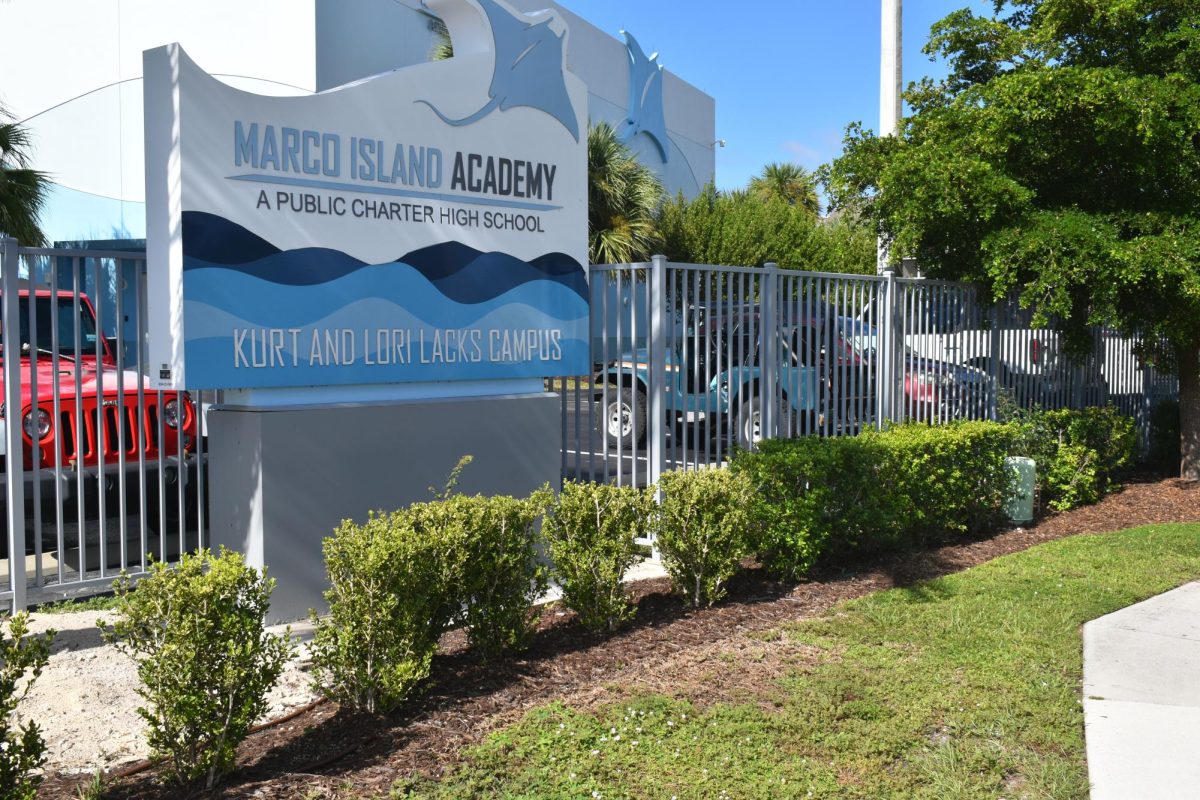The Florida House is looking to pass a bill that could be detrimental to the state’s education system, which would go into effect on July 1. Florida’s HB 5101 is a bill proposed in the House that would cut down funding for accelerated high school courses such as AP, IB, AICE Cambridge, and dual enrollment by half of what it is now. It is also directed to eliminate the “Education Enrollment Stabilization” funding, which provides extra funding to public schools. If this bill is passed, it would significantly impact the education system in Florida by cutting millions of dollars from school districts. Yet this is not being covered anywhere.
Funding for public education raises money for staff salaries, supplies and materials, and student services that help students succeed. The cut of funding for these critically threatens the future of education. If these cuts end up taking place, students, families, and the economy will all suffer as a result. The funding ensures that schools can offer these programs; without the funding, the schools will be forced to stop offering them.
Right now, this funding helps to pay for the right teachers to teach the courses, the exams the enrolled students take throughout the year, and various supplies and programs these courses need. If this passes, the availability of these courses will be impacted due to the expense of offering them, and students will likely have to pay the costs of the exams themselves
According to the CCPS website, Collier County Public Schools received $80,333,707 in funding for the 2024-2025 fiscal year. There would be an estimated $40,166,854 loss if this bill were to be implemented.
However, this bill would also highly impact charter schools in the area, as they receive an even smaller amount of funding from the state. Marco Island Academy, as a public charter school receives $… cutting this in half would limit the school to $… This could negatively impact the high school as Marco Island Academy pushes the AICE Cambridge curriculum to help their students receive financial aid for college.
Traditional schools are funded 100% through local taxes and state allocations, with resources distributed based on district needs and priorities. Marco Island Academy (MIA) is a Charter Public High School. MIA receives funding like traditional public schools through the Florida Education Finance Program (FEFP). This funding is based on the number of full-time equivalent (FTE) students enrolled in the MIA. This bill would be detrimental to MIA, as the already limited funding would be cut in half.
Florida charter school funding requires the Collier County School District to share its accumulated revenues with the MIA and other Charter Schools. In addition, Florida provides capital outlay funding to MIA and other Charter schools, which is used to help with some of the cost of maintenance and improvement. However, the FEFP, shared revenues, and capital outlay are not enough to cover
Ms. Scott, the principal of Marco Island Academy, shares, “At the start of every school year, as a public charter school, we are already behind in funding, and our operating budget is extremely tight. Our most vital consideration is providing appropriate funding for student resources and staff pay, benefits, and classroom resources. As a stand-alone charter school, any reduction in funding impacts us negatively because it immediately increases our fundraising goals. On a positive note, our Board and Development team always work with me to put people first and ensure that the needs are met and the funds are raised. I am extremely lucky to spend my days surrounded by the kindest students, instructors, staff members, parents, and Board members.” `
This is just the tip of the iceberg.
HB 5101 not only cuts funding for accelerated programs in school, it will also reduce qualified teachers and significantly increase the prices for standardized testing and limited courses for students.
A significant amount of funding goes to the salaries of already underpaid teachers. Cutting this in half would also mean that teachers’ salaries would be decreased. This could lead to teachers quitting and being less interested in this job position, limiting the education system of qualified teachers teaching students.
This bill also impacts the cost of assessments and exam fees as well as specialized materials being passed on to the family of the student, which could significantly impact the quality of education and quality of life for low-income families. Ending the enrollment of a stable fund will lead to financial challenges and could potentially lead to an unexpected increase in student enrollment.
Not only would this be a financial tragedy, but this could also impact the education of the student. Accelerated classes offer opportunities to grow and expand grades. These advanced courses are weighed more heavily in the gradebook, which helps students. Without these courses, schools may begin to see a decline in the grades of students. The enforcement of this bill could highly change the trajectory of public education in the state of Florida.












